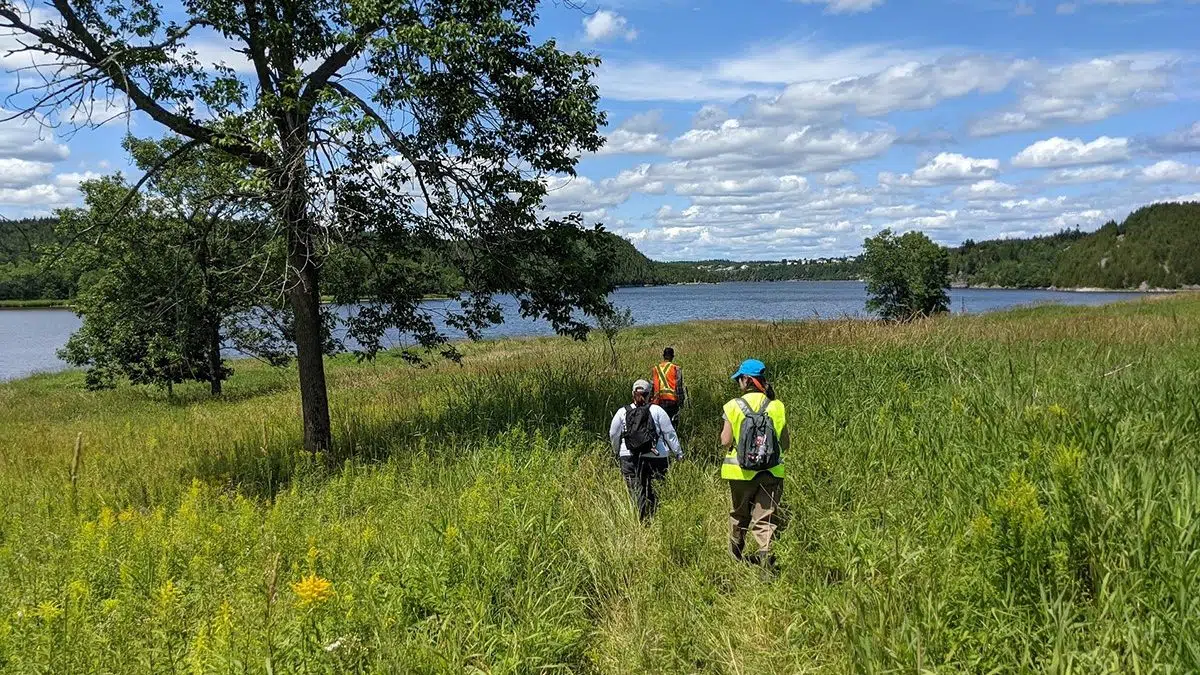A new study is shining light on the importance of wetlands within Saint John Harbour.
The Nature Conservancy of Canada spent the past three years gathering data for the study.
It was part of a broader project to better detect changes in the marine environment over time.
Allison Patrick, a conservation biologist with the conservancy, said they first looked at aerial imagery to see which areas they wanted to study.
Biologists then visited the wetlands to collect data on plants and wildlife, along with water levels and soils.
“This study helped us see that the wetlands within the city are hugely important because they’re providing all of these natural services to people and wildlife,” Patrick said in a recent interview.
It was determined that the wetlands are particularly good at intercepting storm surges, acting “kind of like a giant sponge where they hold water for long periods of time,” she said.
That helps reduce property flooding, remove pollutants from water, and export nutrients to the surrounding waters, which benefits aquatic and marine wildlife and fisheries.
In addition to intercepting storm surges and reducing flooding, Patrick said the wetlands are home to a variety of wildlife.
They include species of concern for conservation like the green ash tree and Nelson’s sparrow bird, as well as deer, shorebirds, ducks and herons.
Also discovered at all 12 sites was a variety of invasive species, the most common being the widespread invasive reed canary grass, which can grow so thickly that it crowds out all other wildlife.
“The main thing that I hope people take away from this study is really how amazing it is to have these urban wetlands right within the city that are providing places for people and wildlife and doing all these good things to help clean the water and reduce the impacts of flooding,” said Patrick.
The project was supported partially by a financial contribution from Fisheries and Oceans Canada through the Coastal Environmental Baseline Program. The Port of Saint John is one of six locations across Canada where baseline data is being collected.








